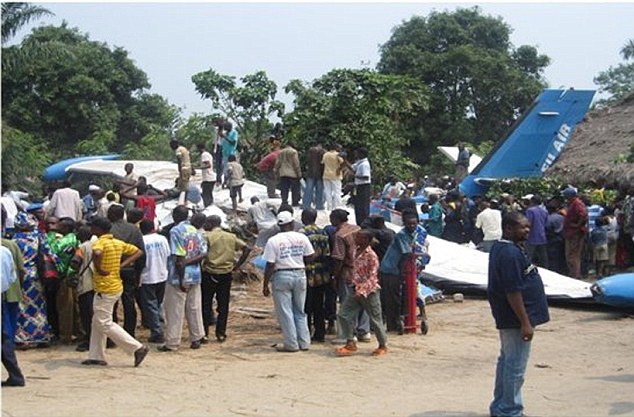NAIROBI (HAN) August 20.2016. Public Diplomacy & Regional Security News. By Michael Otieno. Passengers hardly have anything positive to say about airlines, especially when faced with delays, lost luggage, bad food and other unpleasant stuff that happens on flights or in transit.
Many forget that some of things they love to complain about could have been avoided if they followed the laid down procedures.
The most shocking story I have ever heard from a passenger about an airline, unfortunately, involved the crash of a small plane on a domestic flight somewhere in Central Africa.
The narrator of the story said that one of the passengers on this small ill-fated flight, flouted all safety regulations and somehow made it on board with a live crocodile in a travelling bag and sat at the back of the aircraft. Not known to appreciate confined spaces, the reptile is said to have gnawed its way through the bag to freedom.
The sight of a crocodile crawling in the small aircraft cabin sent all passengers rushing to the front of the aircraft causing it to lose balance and nosedive. It crashed.
There were only two survivors; one of them lived to tell the tale and the other, the crocodile, ended up on someone’s dinner table.
How did the passenger, against all safety protocols, board an aircraft with a live crocodile concealed in his carry-on bag? It means the person enforcing the safety regulations was not very diligent and the passenger exploited the loophole.
Aviation safety and security are not issues to be taken lightly and such risks are not confined to a region or continent, especially in the wake of the cross-border terrorism the world has witnessed recently.
Experts are quite particular when they speak on the subjects of safety and security, two items that to a layman are assumed to be the same yet are often defined and administered differently.
Put simply, aviation safety addresses all efforts in place to prevent or minimise failures related to aviation. On the other hand, security deals with prevention of unlawful interference with aviation operations.
So seriously do airlines take the issue of safety that even the two pilots on a flight are not served the same type of meal. In fact, even the engineers who perform repairs and those who verify and release the aircraft as fit to fly are from separate teams.
With the growing number of air travellers in East Africa, it is imperative that passengers update and familiarise themselves with the basic safety and security requirements of both their airlines of choice and airports.
Apart from travel documents, which most travellers are most concerned with, few pay attention to luggage requirements and limitations, specifically prohibited items, for both check-in and carry-on luggage.
While this information is readily available on most airline websites, and on the ticket covers, some travellers deliberately flout the rules and a few in some countries where there is laxity in enforcing aviation safety measures, manage to make it on board with illegal or even dangerous items.
Equally, passengers are always warned not to agree to travel with luggage that does not belong to them or whose contents they do not know, to avoid the risk of being caught with illegal substances.
It is important for passengers to note that certain items are not allowed even as checked-in baggage and need to be transported as special cargo owing to their sensitive nature.
In East Africa, the issue of safety and security is not about passengers who travel with prohibited items, mainly foodstuffs and liquids, out of ignorance, but an emerging lot of know-it all new money urbanites who expect to travel in the cabin with their pets, open bottles of alcohol, firearms or hover boards.
While there are clear procedures on how to handle pets and firearms, most airlines will not accept hover boards whether checked-in or not, due to their high lithium battery content considered potentially combustible.
One sure way of missing your flight is to engage the ground crew and airport security in incessant arguments and even using intimidation, which is now treated as a criminal offence at many airports both local and international.
Finally, while no policy will tell you this, be alert and attentive to your surroundings and people at every step of your journey. I wish you a crocodile-free travel on your next flight.
Michael Otieno is an aviation consultant based in Nairobi. Twitter: @pmykee143


Leave a Reply